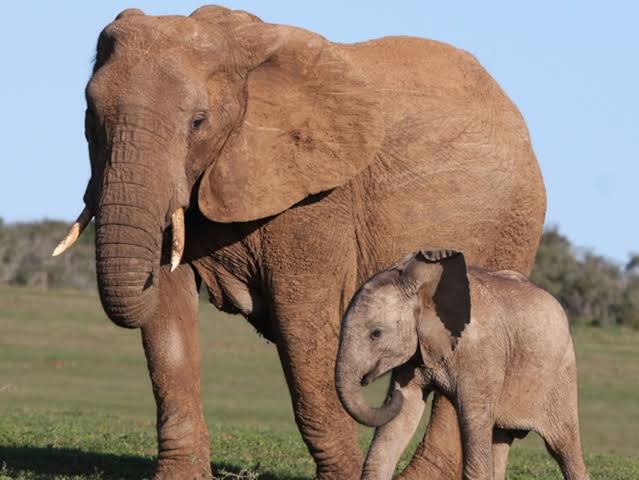The government of Zimbabwe is considering authorizing a mass slaughter of elephants to feed citizens left hungry by its worst drought in decades.
With nearly half of the country’s population facing the risk of acute hunger, “we are targeting to cull 200 elephants,” Tinashe Farawo, a spokesperson for the Zimbabwe Parks and Wildlife Authority, told CNN on Monday.
Zimbabwe has more than 84,000 elephants, Farawo said, around double its “capacity of 45,000,” he added.
The move comes after a decision in neighbouring Namibia to kill elephants and other wild animals to relieve food insecurity caused by a prolonged drought.
Zimbabwe’s elephant population is the second-largest in the world, exceeded only by Botswana’s.
Zimbabwe’s Environment Minister Sithembiso Nyoni told parliamentarians last week that “Zimbabwe has more elephants than we need and more elephants than our forests can accommodate.”
She added that overpopulation by elephants “causes a lack of resources” for their sustenance, which fuels human-wildlife conflict in the country.
“We are discussing with Zim Parks (Zimbabwe Parks and Wildlife Authority) and some communities to do like what Namibia has done so that we can count the elephants, mobilize the women to maybe dry the meat and package it to ensure that it gets to some communities that need the protein,” Nyoni said.
“When there is an overpopulation of wildlife in a specific park, they will then seek to go outside the park to look for other resources such as water or greenery. When that happens, they will then come into contact with the humans and conflicts begin.”
Zimbabwe and Namibia are just two of the many countries across southern Africa suffering a severe drought caused by El Niño, a natural climate pattern that has resulted in very little rainfall in the region since the start of the year.


